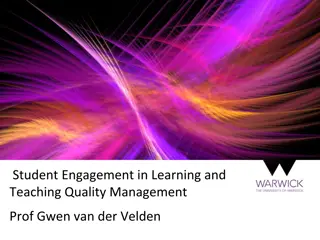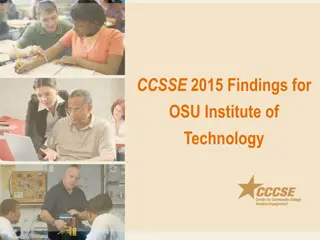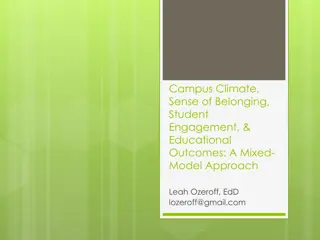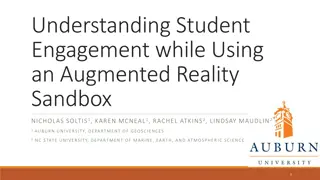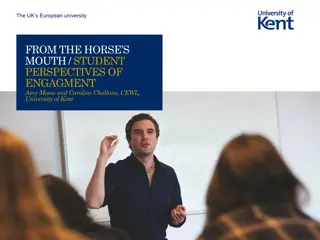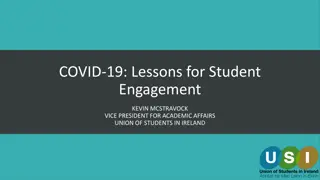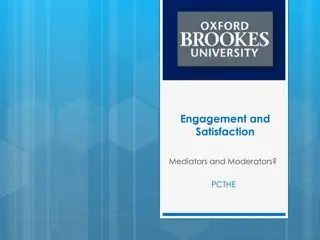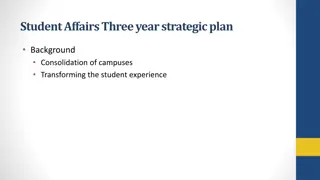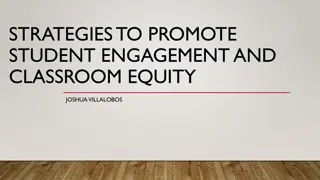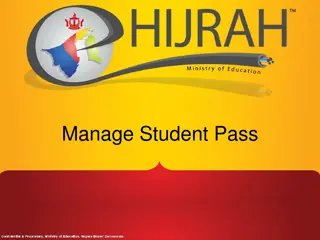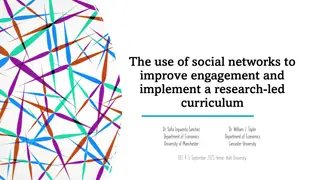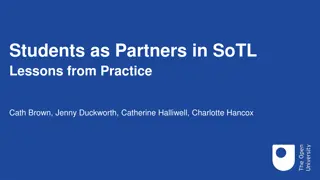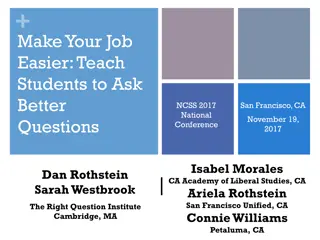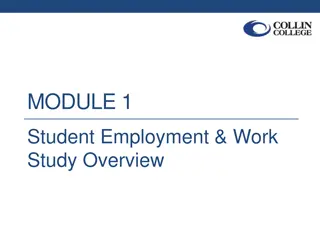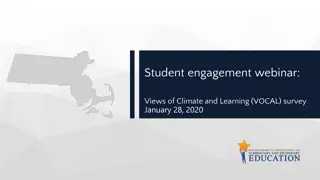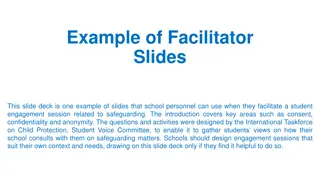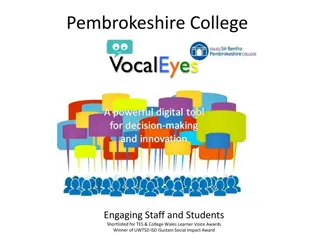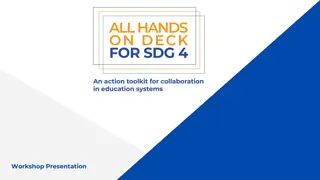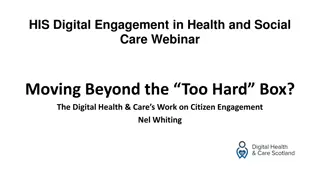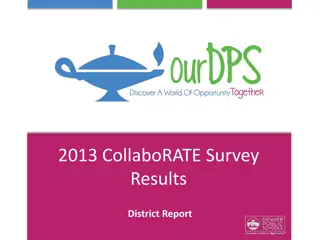Navigating Research Challenges for Improved Student Engagement
Explore the journey of addressing data collection, student engagement, and research process representation challenges in academia undertaken by Maggie Faber. Discover the struggles faced by students in research processes and the desired outcomes of enhancing information literacy skills efficiently. Uncover the success stories and recommendations for future research adventures.
Download Presentation

Please find below an Image/Link to download the presentation.
The content on the website is provided AS IS for your information and personal use only. It may not be sold, licensed, or shared on other websites without obtaining consent from the author. Download presentation by click this link. If you encounter any issues during the download, it is possible that the publisher has removed the file from their server.
E N D
Presentation Transcript
1 CHOOSE YOUR OWN RESEARCH ADVENTURE (RE)SEARCH FOR CORDACAE BY MAGGIE FABER
AGENDA Background Challenges Successes Recommendations
AGENDA Background Challenges Successes Recommendations
PROBLEMS 4 1. No way to get data out of Connect 2. No way to track student (dis)engagement 3. No way to represent complexity and flexibility of research process 4. and
PROBLEMS 5 Most of the students apologized at some point for either their research process or how they sorted information, and some of them indicated that they thought they were doing research wrong . The process seems to be intimidating to them, and one that they want to do correctly but fear doing poorly.
8 CHOOSE YOUR OWN RESEARCH ADVENTURE
9 DESIRED OUTCOMES Demonstrate applied Information Literacy skills Build best practices into existing work habits Reinforce student choices/build confidence Get a sense of where students were having questions, problems, & lack of interest in tutorial Quick, fun, non-intrusive
AGENDA Background Challenges Successes Recommendations
AGENDA Background Challenges Successes Recommendations
DESIGN CHALLENGES 14 Built in FluidSurveys using Skip Logic to display questions 42 Questions/content nodes 116 Possible responses 59 Branching rules governing skip logic
AGENDA Background Challenges Successes Recommendations
AGENDA Background Challenges Successes Recommendations
FIRST YEAR RESULTS 19 79% positive response 46% requested similar/additional content 279 students reached 53% completion rate Of the abandoned responses, 65% left after the first question
STUDENT INSTINCTS 20 19% of students move straight from Google to Wikipedia, but students preferred Journal Articles (31%) and Encyclopedias (35%). Only 1 person chose Google Images The majority of students (57%) turn to Google as their first step in the research process, with 36% turning to library search, and 6% heading to their syllabus.
STUDENT AWARENESS 21 Only 18% of students were unaware that Google had advanced searching options Students seemed equally comfortable with the concept of different search aids more so than the general public
STUDENT CURIOSITY 22 45% of students knew all that to an initial overview of Google, which featured basic Boolean operations and phrase searching 75% of that 45% were interested in further tutorial content to see if there s something else I don t know
AGENDA Background Challenges Successes Recommendations
AGENDA Background Challenges Successes Recommendations
PRIORITIZE KEY TASKS 25 In-depth assessment vs. sustainability Comprehensiveness vs. development demand Collaborative or solo development
PRIORITIZE KEY TASKS 27 In-depth assessment vs. sustainability Comprehensiveness vs. development demand Collaborative or solo development


